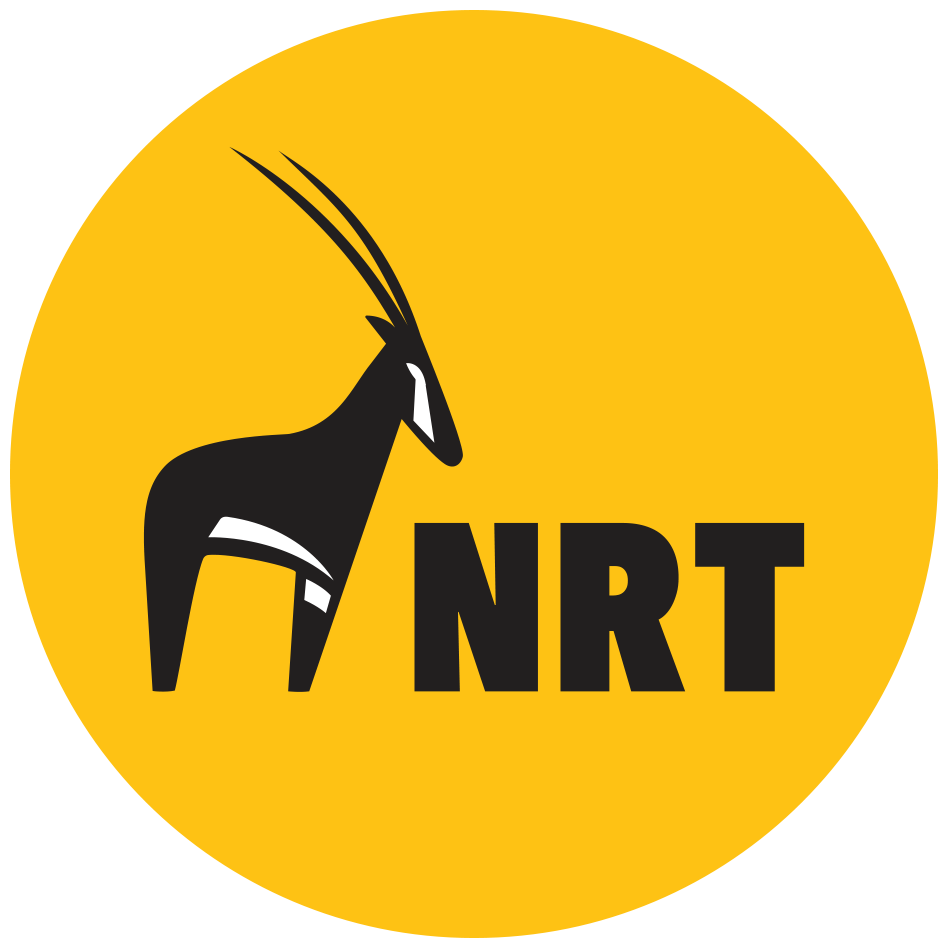Conservancies and Gender Equality
A Q&A with Rebecca Kochulem, NRT’s Baringo County Conservancies Director.
You started your conservation career as Ruko Community Conservancy manager - the first female manager in an NRT member conservancy. Do you feel you faced any extra challenges being a woman in this role?
“When I became the manager of the newly established Ruko Conservancy in 2009, not everyone was sure that I could make it. The community had just emerged from three years of conflict, and they needed a strong leader. Some felt the role was too challenging for me, some thought I would give up along the way. I remember having to address a community meeting full of men, it was one of my most difficult moments during those first few months. In my community this just isn’t done, and I was so fearful of saying the wrong thing. During those early days, I was always seeking affirmation from my team in the board, luckily there were some very supportive people around me.
Leading a male-dominated workforce was hard - especially when I had to issue disciplinary action. It was a slow process to win the confidence of the team, and ensuring everyone understood their roles and responsibilities was a key part of that. At the same time, I was also trying to balance being a young mother with my work as a manager - I remember frequently travelling to meetings on a matatu with my nanny and baby! This is where women in leadership positions in conservancies need support, it can be so overwhelming to manage work and motherhood.”
Ruko has one of the first female drivers in an NRT member conservancy and now another female manager to replace you, why do you feel Ruko has been able to be such a trailblazer in gender equality?
“I think women respond well to other female role models, particularly in areas like Ruko where there aren’t many at all. And as more women take an interest in leadership positions or becoming agents of change, the confidence in female leadership grows. Four out of the five shortlisted candidates for the new conservancy manager position last year were women, and the Board were really supportive of this.
I think women are a powerful weapon in the peace process too. Throughout my time as manager I heard feedback from different communities that I was seen to be neutral, to treat everyone equally, and that many people wouldn’t expect the same from a man.”
Why is gender equality important for community conservation?
“I think gender equality is an integrated tool for development - and to have the most impact it has to be driven by both men and women. In my experience, how men and women in pastoralist communities perceive development is totally different. For men it will be about access to resources for wealth creation, while for the women the first priority will be to feed and clothe their families, and ensure they have access to healthcare and education.
So of course, their priorities are different. Men will want a water well in a grazing area while women will want a water well close to the homestead for example. So if women are not present in decision-making discussions, water wells will continue to only serve the men’s priorities. Actions in a programme have different impacts and implications to men and women too. So it’s important that community conservancies start to look at this systematically.
Ultimately, in a patriarchal society it is near impossible to reach women if men do not allow or support the process. So men need to know how they can best support women to participate in their conservancies.”

